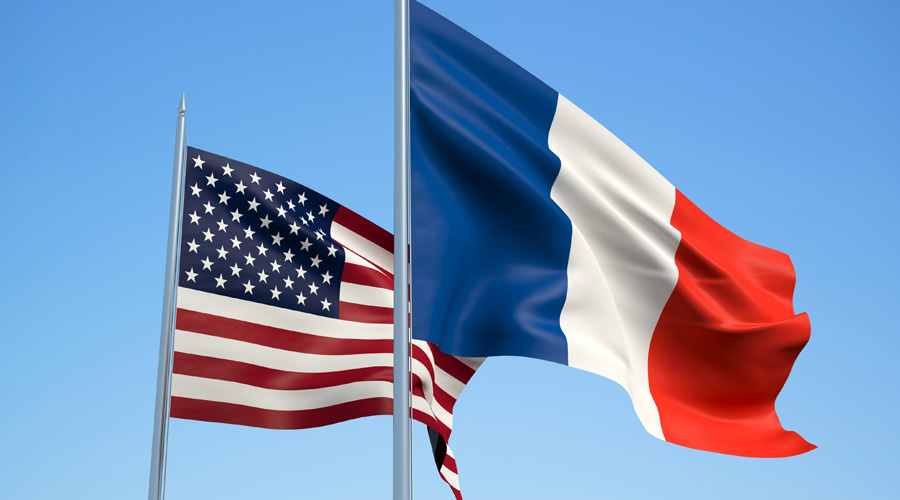President Biden spoke with President Emmanuel Macron of France on Wednesday for the first time since the US and Britain entered into a broad new defence arrangement with Australia that scuttled a $60 billion French project to build submarines, and led France to declare its oldest ally had delivered a “knife to the back”.
The White House described the conversation as “friendly,’’ just days after Macron recalled the French ambassador to the US and suggested that Biden had done grave harm to the alliance.
The two leaders agreed to meet in Europe in October, White House officials said, likely on the edges of the upcoming Group of 20 summit in Italy, though aides said it was possible they would have a separate meeting elsewhere to underscore their resolve to repair the damage.
While the US has not apologised for the effort to keep France in the dark, the statement said that “the two leaders agreed that the situation would have benefited from open consultations among allies on matters of strategic interest to France and our European partners”.
It said that “President Biden conveyed his ongoing commitment in that regard”, and the countries had “decided to open a process of in-depth consultations, aimed at creating the conditions for ensuring confidence and proposing concrete measures towards common objectives”.
While that statement is written in bland diplomatic language, it describes the kind of consultations that are supposed to be routine among Nato allies.
While the joint announcement issued by the two countries referred vaguely to common European defence projects, those did not appear to be new — the wording seemed to be drawn out of past Nato statements.
Nonetheless, American officials were belatedly searching for special projects they could announce to reaffirm the relationship with France — including new projects in the Indo-Pacific — though some senior officials said they are concerned that anything they put together might look like a transparent, face-saving effort, especially when compared to the scope of the Australian, American and British partnership.
The core of last week’s announcement was a plan to build nuclear-powered, conventionally armed submarines, to be operated by the Australian navy, that are clearly being designed to counter China’s growing influence in the Pacific.
The submarines would have a far larger range than the diesel-electric models that France was planning to build, under a deal announced in 2019.
But the true import of the new arrangement was far larger: It tied Australia firmly to the western defence camp in challenging China, after years in which Australian leaders tried to carefully balance between their most important defence and intelligence ally in Washington and their huge customer for natural resources in Beijing.
Now, after the Chinese government overplayed its hand with major disinformation campaigns in Australia, the country has declared itself a full partner in the western effort to counter China’s growing influence.
New York Times News Service












